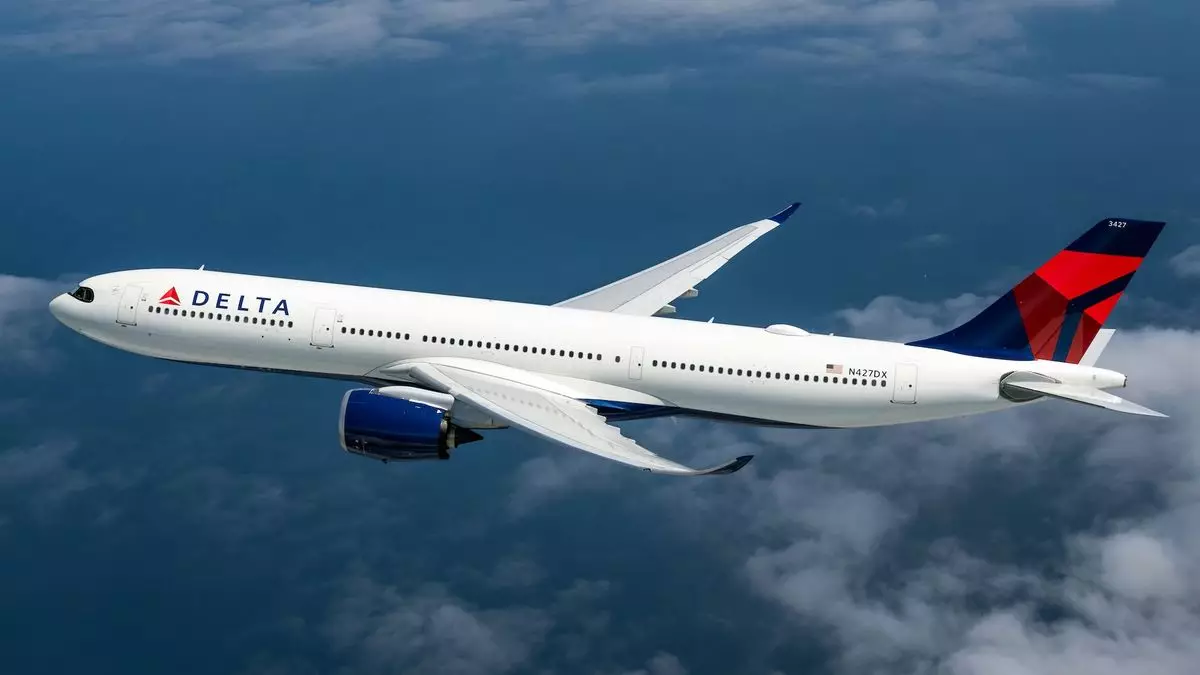Artificial Intelligence has become a groundbreaking tool across numerous industries, promising efficiency, personalization, and improved customer experiences. Yet, in the realm of airline pricing, its adoption raises a critical debate: does the use of AI lead to fair pricing, or does it veer into discriminatory territory? Airlines like Delta are at the forefront of this transformation, but their declarations and strategic moves provoke skepticism and concern from regulators, consumers, and advocacy groups alike.
Delta staunchly defends its AI-driven pricing methods, asserting that these systems do not target individuals based on personal or sensitive data. Their official stance emphasizes that the AI engine utilizes aggregated data—such as route demand, booking trends, and historical patterns—to adjust fares dynamically. The airline insists that this approach benefits consumers by enabling more responsive, market-reflective pricing, rather than unfair discrimination. However, the company’s own statements reveal a future where individualized offers could become commonplace, signaling a paradigm shift from traditional uniform pricing to hyper-personalized offers.
The controversy deepens with the involvement of Fetcherr, a company that equips airlines with AI tools to monitor real-time market dynamics. While Delta claims that only around 3% of fares currently incorporate Fetcherr’s AI, the horizon hints at a significant expansion—targeting up to 20% of domestic fares. The shift towards AI-enabled personalization signifies more than technological change; it raises ethical questions about transparency, bias, and consumer trust.
Although Delta’s leadership publicly deny that their systems are set up for price discrimination based on personal data, the line between market-based adjustment and individual targeting remains blurry. If AI can tailor offers on a per-passenger basis, even indirectly, where do we draw the line? This question is fundamental because personalized pricing, if misused, could lead to a form of digital redlining—charging different customers vastly different prices for identical services based on their perceived willingness or economic capacity. That prospect risks undermining perceptions of fairness and could exacerbate inequalities, especially during an era of rising living costs and economic uncertainty.
Strategic Innovation or Ethical Quandary? The Industry’s Diverging Perspectives
The broader airline industry appears divided on the issue. American Airlines, for instance, publicly commits to limiting AI use to operational efficiencies, emphasizing transparency and consumer protection. Their CEO, Robert Isom, explicitly rejects notions of “bait-and-switch” tactics, asserting that AI will not be employed to trick or opportunistically exploit travelers. This stance indicates a conscious effort to maintain trust and avoid public backlash that could tarnish the airline’s reputation.
In contrast, Delta’s rhetoric, especially Gleen Hauenstein’s remarks about “re-engineering” pricing, suggests an ambitious and possibly more aggressive approach. By integrating AI into offer management—fusing revenue optimization with personalized pricing—Delta aims to revolutionize how fares are set. But this technological ambition must be balanced with ethical considerations. Dynamic, real-time adjustments that aim for maximum revenue could unintentionally prioritize profit over fairness, especially if customers are unaware of how their data influences prices.
Legislators and consumer advocates are raising alarms about potential privacy infringements and economic impacts. A letter from Senators Warner, Blumenthal, and Gallego underscores fears that individualized pricing could lead to fare increases beyond a customer’s financial comfort zone. They call for transparency in the data used and demand clearer explanations of Delta’s pricing algorithms. The response from Delta’s external affairs chief emphasizes privacy safeguards and the use of aggregated data, but the public’s skepticism persists—particularly when policies are described differently across contexts.
The industry’s divergence signals a larger tension: innovation versus regulation, personalization versus discrimination. As technology advances, companies face the arduous task of maintaining competitive edges without crossing ethical lines. While AI has the potential to democratize better pricing by simulating highly responsive market conditions, it also risks creating a two-tiered system where the most profitable customers are offered favorable rates, while others face inflated prices.
The Future of AI in Airline Pricing: Striving for Ethical Progress
The debate surrounding AI’s role in airline pricing exemplifies a broader challenge—how to harness technological innovation responsibly. Without stringent oversight and transparent practices, these powerful tools could erode consumer trust and foster perceptions of unfairness. Conversely, when deployed thoughtfully, AI can enhance operational efficiency, streamline pricing strategies, and deliver tailored offers that genuinely benefit customers.
For progress to be sustainable, airlines must go beyond mere compliance and foster a culture of transparency. Clearly communicating how fares are set, what data is used, and ensuring customers understand their options will be vital. Regulatory frameworks should evolve to specify acceptable boundaries for AI-driven personalization, preventing misuse and ensuring fair treatment for all travelers.
Moreover, consumers must become more aware of how their data influences pricing. Empowering travelers with this knowledge helps build trust and ensures they can make informed choices. Airlines, on their part, should balance their pursuit of revenue with social responsibility, recognizing that a loyal customer base depends on perceived fairness and dignity.
Ultimately, the integration of AI into airline pricing encapsulates the tension between innovation and ethical integrity. It presents an opportunity—if navigated carefully—to redefine industry standards and set a new benchmark for fair, transparent, and consumer-centric air travel. But it will require unwavering commitment, ongoing dialogue, and vigilant oversight to ensure that progress does not come at the expense of integrity.

